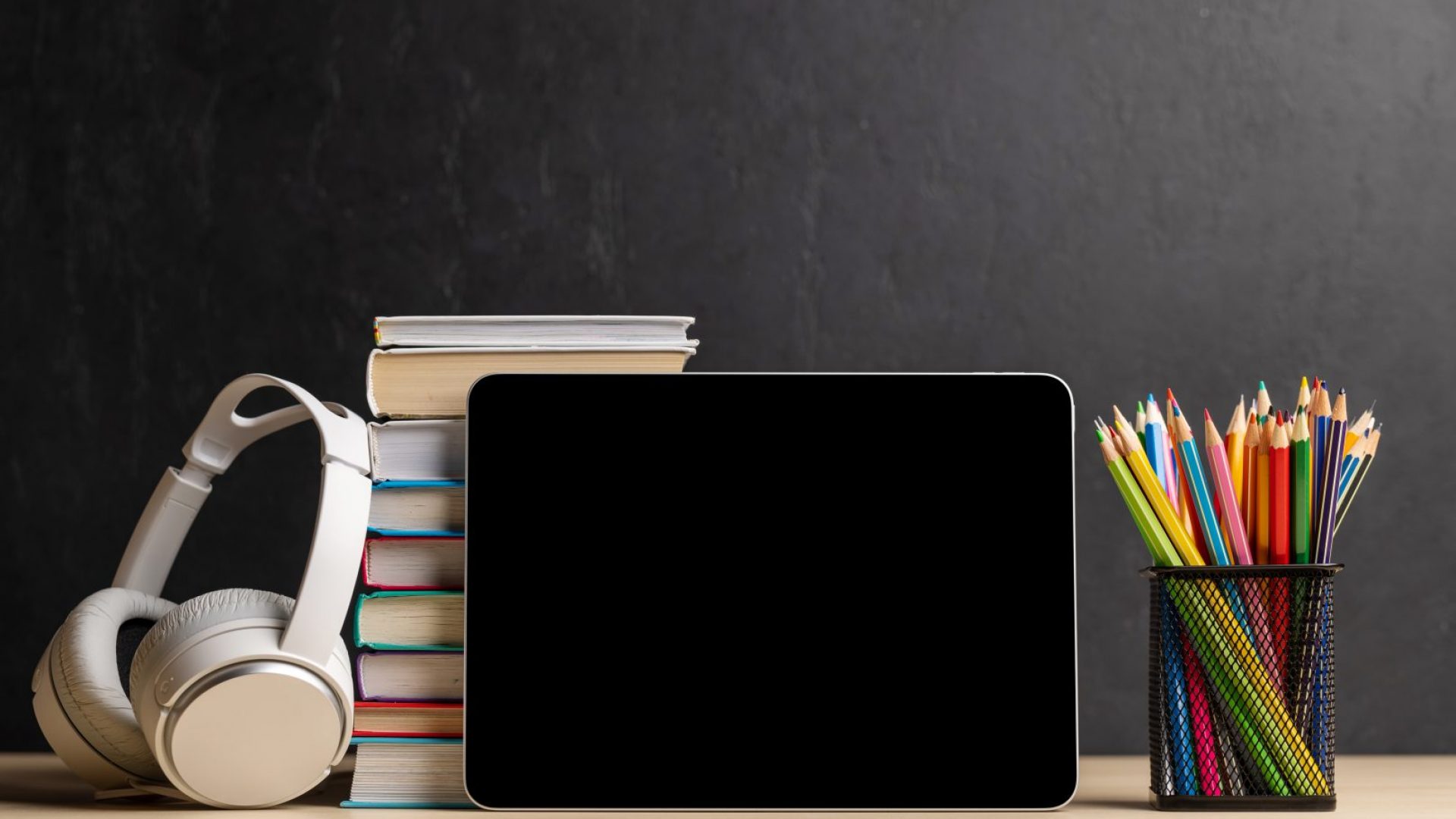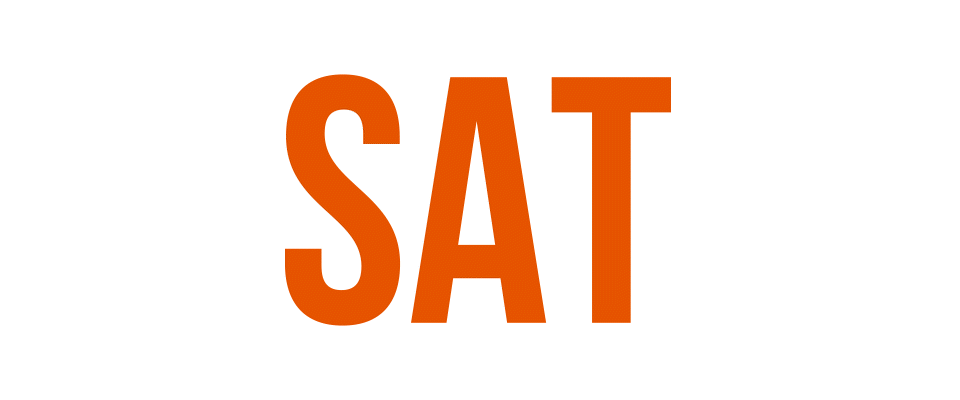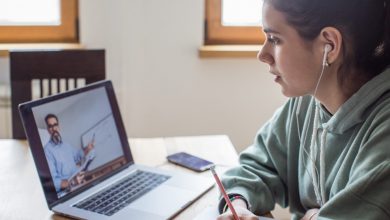8 out of 10 college counselors in America agree: Artificial Intelligence and Education Technology are set to revolutionize equity and fairness in education. In addition, 79% of college counselors believe online and remote learning improve a student’s chances of college admission. Bespoke Education, a pioneer in personalized educational support, today released findings from a national survey (n=342) that provides insightful data on the role of technology in shaping future educational practices and college admissions.
“While these tools offer unprecedented opportunities for fairness and accessibility, their success hinges on our ability to integrate them with the irreplaceable human insight that understands each student’s unique needs. It’s not just about adopting technology; it’s about adapting it to serve our students more effectively and equitably.” says Tim Levin, founder and CEO of Bespoke Education.
The survey, which reflects the sentiment of 342 college counselors across the United States, examines the impact of technology in education, shedding light on current trends in college admissions, online learning, and educational equity.
81% of college counselors think Artificial Intelligence (AI) will improve the fairness of evaluating college applications over the next 5 years. Conversely, 12% expect a decline in fairness, reflecting the need for careful supervision and ethical considerations.
What impact do you think Artificial Intelligence (AI) will have on the fairness of evaluating college applications over the next five years?
| Answer | Respondents |
|---|---|
| Very negative impact on fairness | 7.31% |
| Somewhat negative impact on fairness | 4.97% |
| Neither positive nor negative impact on fairness | 6.73% |
| Somewhat positive impact on fairness | 15.20% |
| Very positive impact on fairness | 65.79% |
18% of counselors feel their institutions are not prepared to adapt to technological change. The main challenges are the overwhelming pace of development, limited awareness & understanding of technology, and difficulties in engaging students with technology.
81% of college counselors believe EdTech improves equity and reduces learning disparities.
79% of college counselors believe online learning improves a student’s chances of college admission.
How does participating in online or remote learning affect a student’s chances of being admitted to college?
| Answer | Respondents |
|---|---|
| Very negative impact on chances of admission | 7.02% |
| Somewhat negative impact on chances of admission | 5.56% |
| Neither positive nor negative impact on changes of admission | 9.06% |
| Somewhat positive impact on chances of admission | 20.47% |
| Very positive impact on chances of admission | 57.89% |
Over the next 5 years, college counselors believe the top factors in the college admissions decision will be: high school grades in college prep courses, subject test scores (AP, IB), standardized test scores (ACT, SAT), strength of high school curriculum, and positive character attributes.
Over half of the nation’s counselors agree that developing critical thinking, organization & time management, and soft skills are the most important strategies for guaranteeing success in college.
In your opinion, what educational strategies are most effective in preparing high school students for college success? [More than one answer possible]
| Answer | Respondents |
|---|---|
| Developing critical thinking skills | 57.89% |
| Enhancing writing skills | 51.17% |
| Teaching time management and organizational skills | 57.60% |
| Encouraging rigorous coursework | 44.44% |
| Fostering independent learning | 46.49% |
| Emphasizing soft skills (communication, teamwork, adaptability) | 55.26% |
| Providing college awareness and readiness programs | 52.63% |
| Using education technology | 50.88% |
| Offering guidance and support services (counseling, mentoring) | 54.68% |
| Encouraging extracurricular involvement | 50.88% |
| Other | 0.00% |
53% of college counselors think students should prioritize tech-driven tutoring platforms over traditional test preparation centers for the best learning outcomes. 23% believe students should balance them both equally.
“Amidst the transformative wave of technology, we must embrace both the challenges and opportunities it brings to education,” remarks Levin. “Our optimism about the potential of AI and EdTech to democratize education is matched by our commitment to blending these innovations with the timeless value of human guidance and mentorship. This balanced approach ensures that while we prepare students for a digital future, we also preserve the essential human elements that foster true learning and development. It’s about creating an educational experience that harnesses the best of both worlds to empower every student to reach their full potential.”
About Bespoke Education:
Founded in the heart of New York City, Bespoke Education has dedicated over 20 years to providing exemplary academic support ranging from elementary to graduate-level tutoring. With additional bases in Westchester and Paris, Bespoke combines the expertise of seasoned educators and innovative educational strategies to foster student success globally. Through a deep commitment to personalized learning and a robust mentor-student relationship model, Bespoke nurtures confidence and motivation among students, preparing them to meet and exceed their educational aspirations.
Click here for an overview of our school partnerships.
Technical Note
This survey was conducted with a 95% confidence level and a margin of error of 6%. A total of 342 responses were gathered between February 23, 2024, and April 13, 2024.





